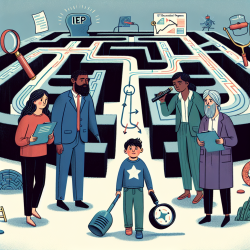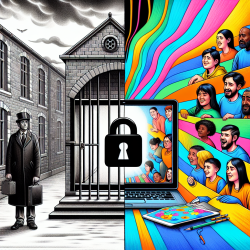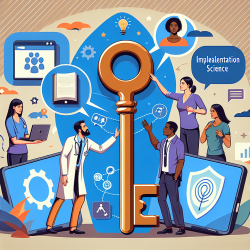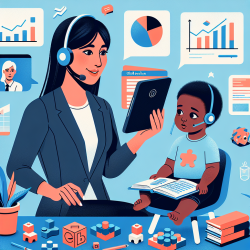As educational psychologists, we understand the complexities and emotional weight that come with planning Individualized Education Programs (IEPs). The goal is always to provide the best possible support for students with special needs, but the process can often leave us feeling lost and overwhelmed. However, with the right strategies and tools, we can navigate these challenges effectively and confidently.
One of the first steps in effective IEP planning is thorough preparation. This involves gathering all necessary information about the student’s academic performance, behavioral patterns, and social interactions. Collaborating with teachers, parents, and other professionals who interact with the student regularly can provide a comprehensive understanding of their needs.
Here are some key strategies to consider during IEP planning and meetings:
- Set Clear, Measurable Goals: Goals should be specific, measurable, achievable, relevant, and time-bound (SMART). This ensures that progress can be tracked and adjustments can be made as needed.
- Involve All Stakeholders: An effective IEP requires input from all parties involved in the student’s education. This includes teachers, parents, therapists, and, when appropriate, the student themselves.
- Utilize Technology: Online speech therapy and other digital tools can provide flexible and effective support for students. At TinyEYE, we offer online therapy services that can be seamlessly integrated into IEPs to meet students' unique needs.
- Regular Reviews and Updates: An IEP is a living document that should be reviewed and updated regularly to reflect the student’s progress and any changes in their needs.
- Focus on Strengths: While addressing areas of need is crucial, it’s equally important to recognize and build on the student’s strengths. This positive approach can boost the student’s confidence and motivation.
IEP meetings can also be a source of stress for both professionals and parents. Here are some tips to make these meetings more productive and less overwhelming:
- Prepare in Advance: Review all relevant documents and data before the meeting. This will help you present your points clearly and confidently.
- Communicate Clearly: Use clear, jargon-free language to ensure that all participants understand the discussion. This is especially important when explaining technical aspects of the IEP.
- Be Empathetic: Acknowledge the emotions and concerns of parents and other stakeholders. Showing empathy can foster a collaborative and supportive atmosphere.
- Stay Solution-Focused: Keep the discussion focused on finding practical solutions to support the student’s needs. Avoid dwelling on problems without proposing actionable steps.
By implementing these strategies, educational psychologists can navigate the IEP planning process more effectively. At TinyEYE, we are committed to supporting schools and professionals in providing high-quality therapy services. Our online speech therapy and other digital solutions can be valuable tools in your IEP toolkit.
Remember, the ultimate goal of an IEP is to ensure that every student receives the support they need to succeed. By staying informed, prepared, and empathetic, we can make a positive impact on the lives of students and their families.
If you’re feeling lost in the IEP planning process, know that you’re not alone. Reach out to your colleagues, utilize available resources, and consider integrating online therapy services to enhance your support for students. Together, we can navigate the complexities of special education with confidence and care.










